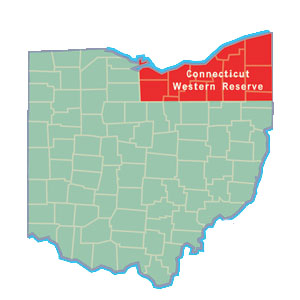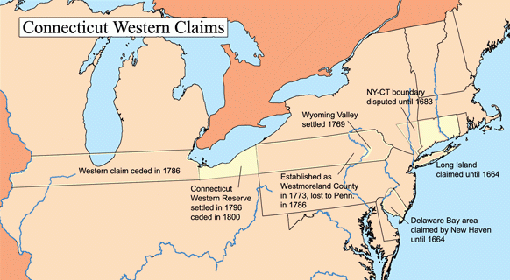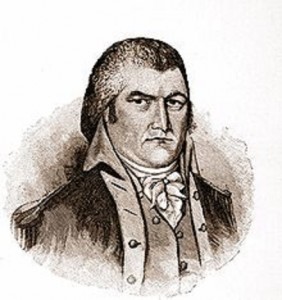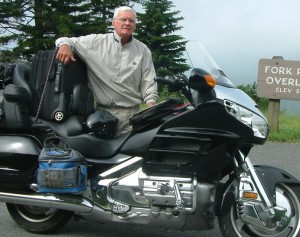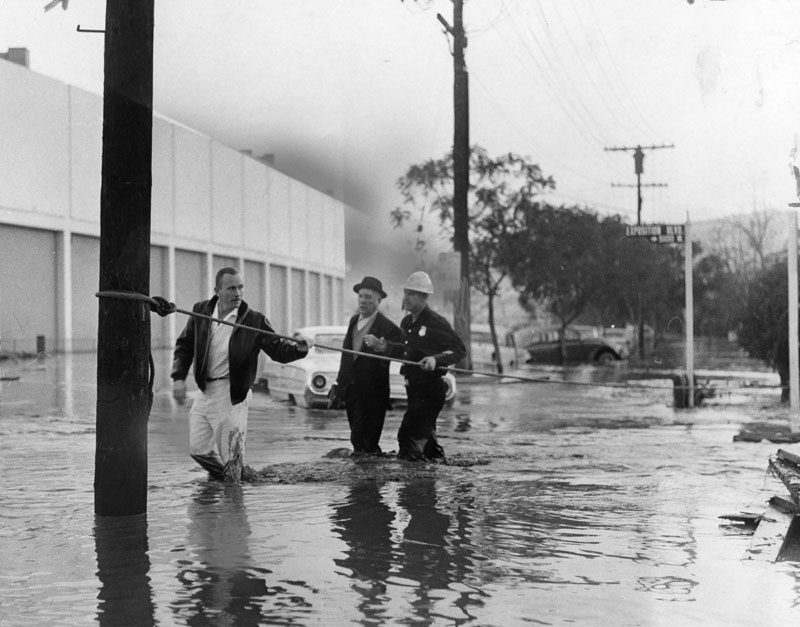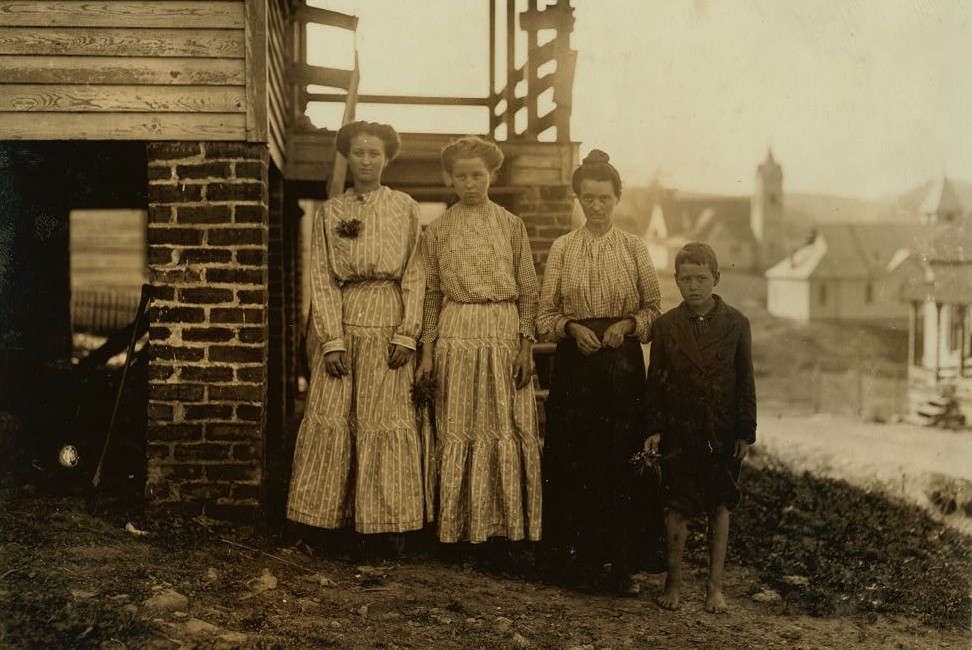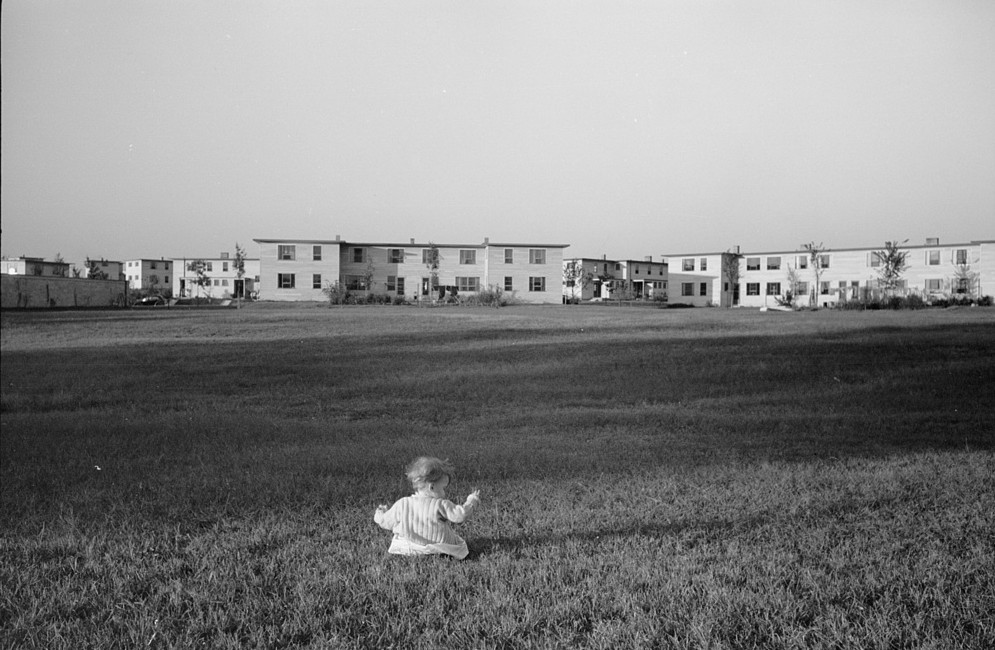The Western Reserve
by
Jim Stark
Residents of northeast Ohio are very familiar with the name Western Reserve. Case Western Reserve University probably tops the list for name recognition, but a hospital, insurance company, church, ballet company, high school, nursing home, motorcycle dealership, plus many others organizations and businesses also include those words in their names. Few citizens, however, can tell you the history behind the territory originally given that name. To confuse the matter further the area was also known as The Connecticut Western Reserve or just New Connecticut. What could Connecticut possibly have to do with northeast Ohio?
Connecticut Western Reserve
The story goes back to 1620, the Pilgrim days in North America. With the establishment of the original colonies, the British crown formed a land company called the Council of Plymouth which granted all of the land west across North America to its English settlements. As a result, the colony of Connecticut was given rights to a strip of territory, its dimensions north and south equal to its latitudes, becoming a possessor of what one day would be part of Indiana, Illinois, Iowa, Nebraska, Colorado, Utah, Nevada, and California. Neither Connecticut, nor any of the other colonies, did anything about those grants. They had their own colonial struggles with which to deal.
Connecticut Western Claims Across the U. S.
One hundred and sixty years later, after the 1776 American Revolution, the new American government, which assumed all the rights formerly held by Britain, asked the colonies to turn over those grants to the public domain. All did except Connecticut, which wished to “reserve” three million acres south of Lake Erie to use for future settlement.
General Moses Cleaveland
The Connecticut Western Reserve was first surveyed in 1796 by a team of surveyors led by General Moses Cleaveland. Thus, we discover the origin of the name of the first village, later to become a major U.S. city. The spelling of the city’s name was modified by dropping the “a” from Cleaveland when the Cleveland Herald found it could not put all ten letters of the General’s name into its mast head. All spellings of Cleveland followed suit.
Jim Stark
